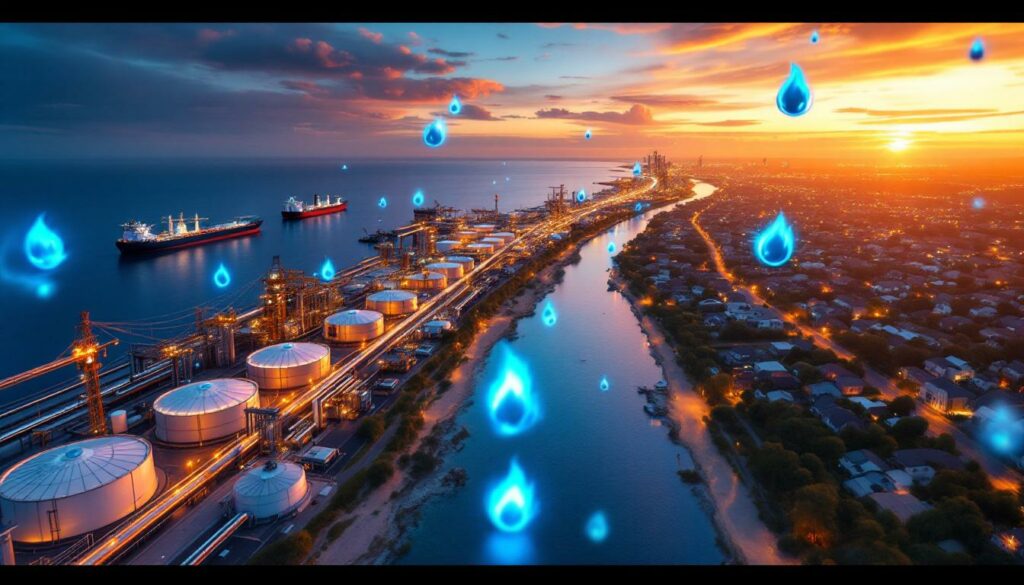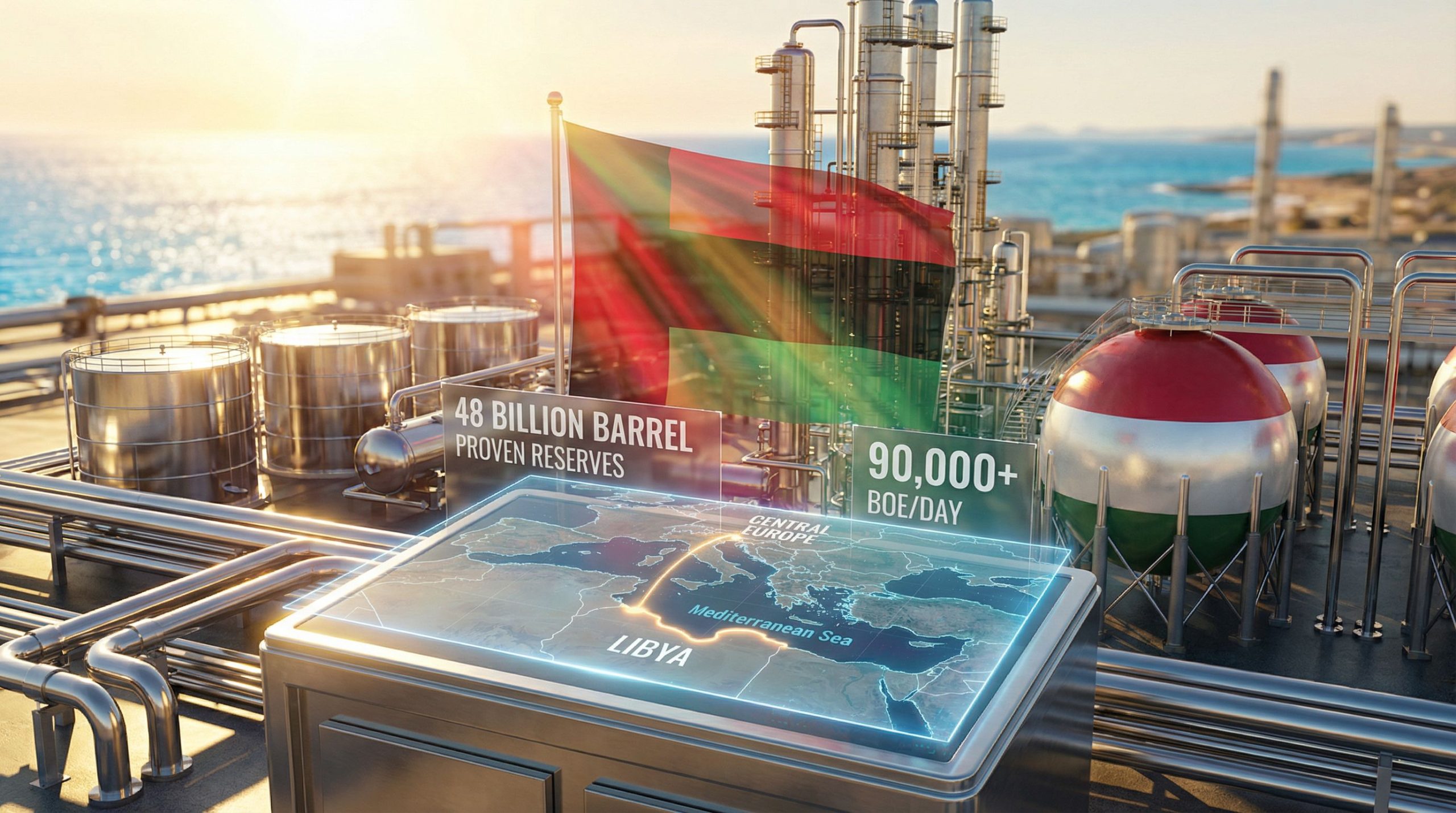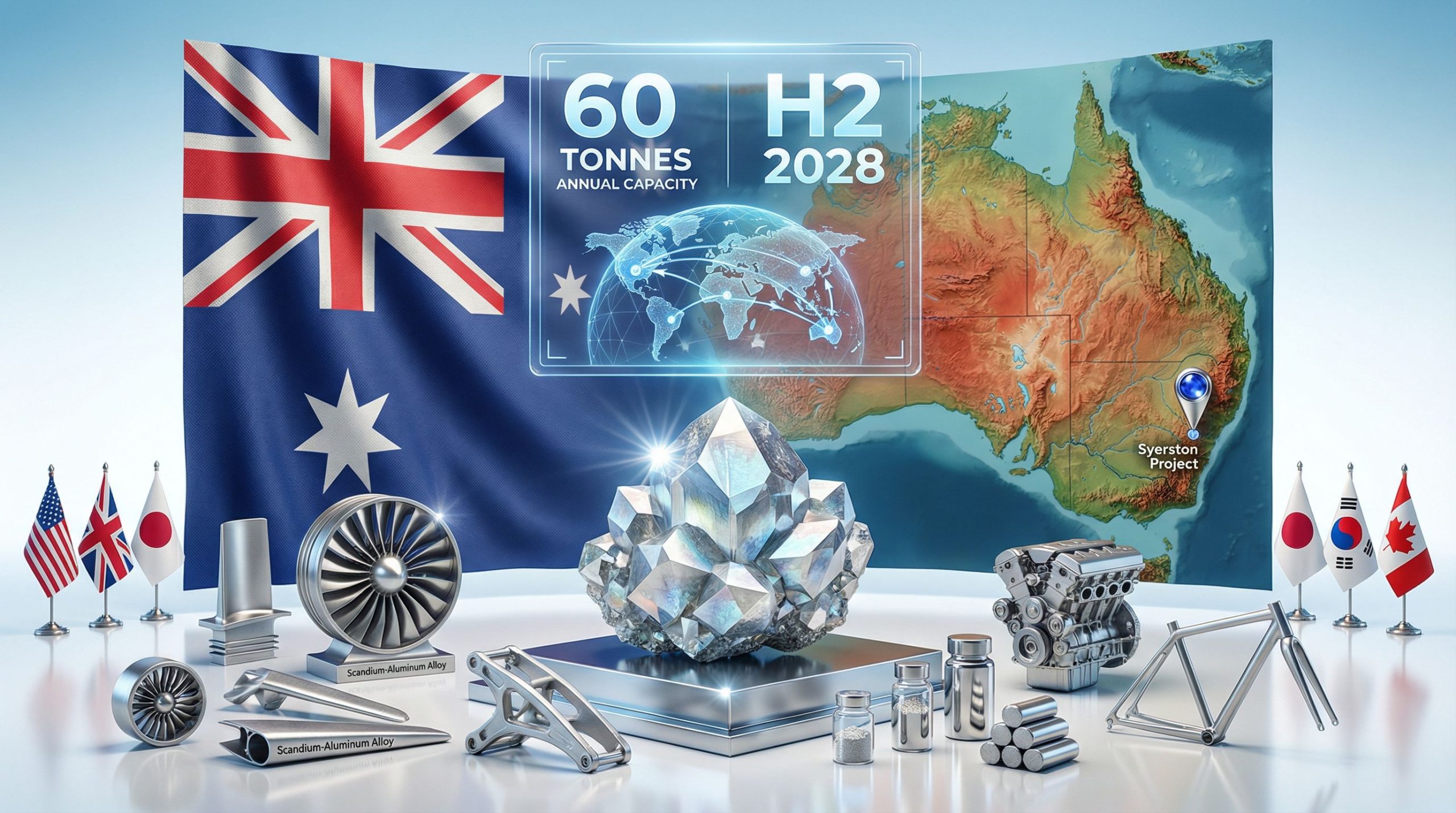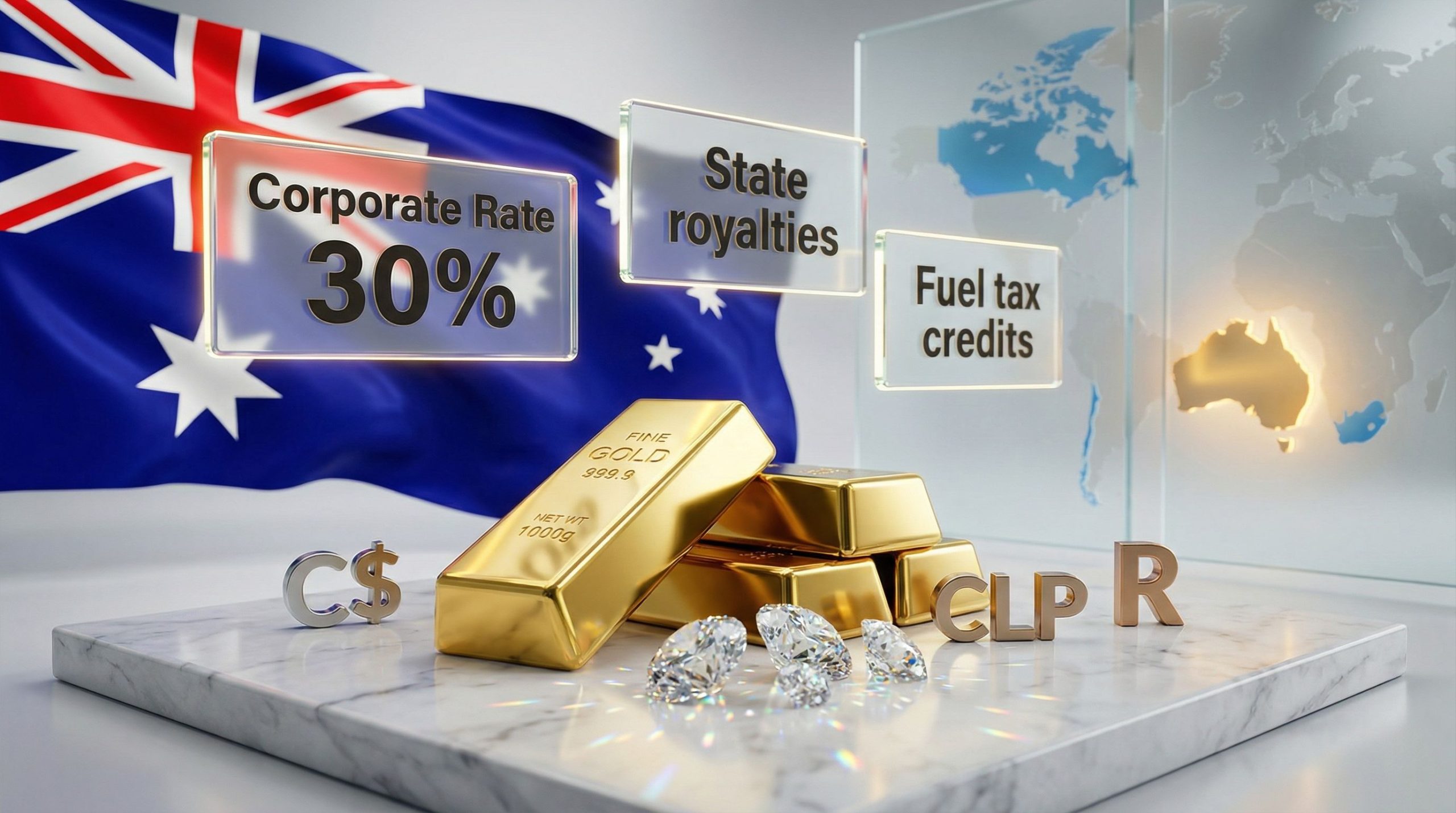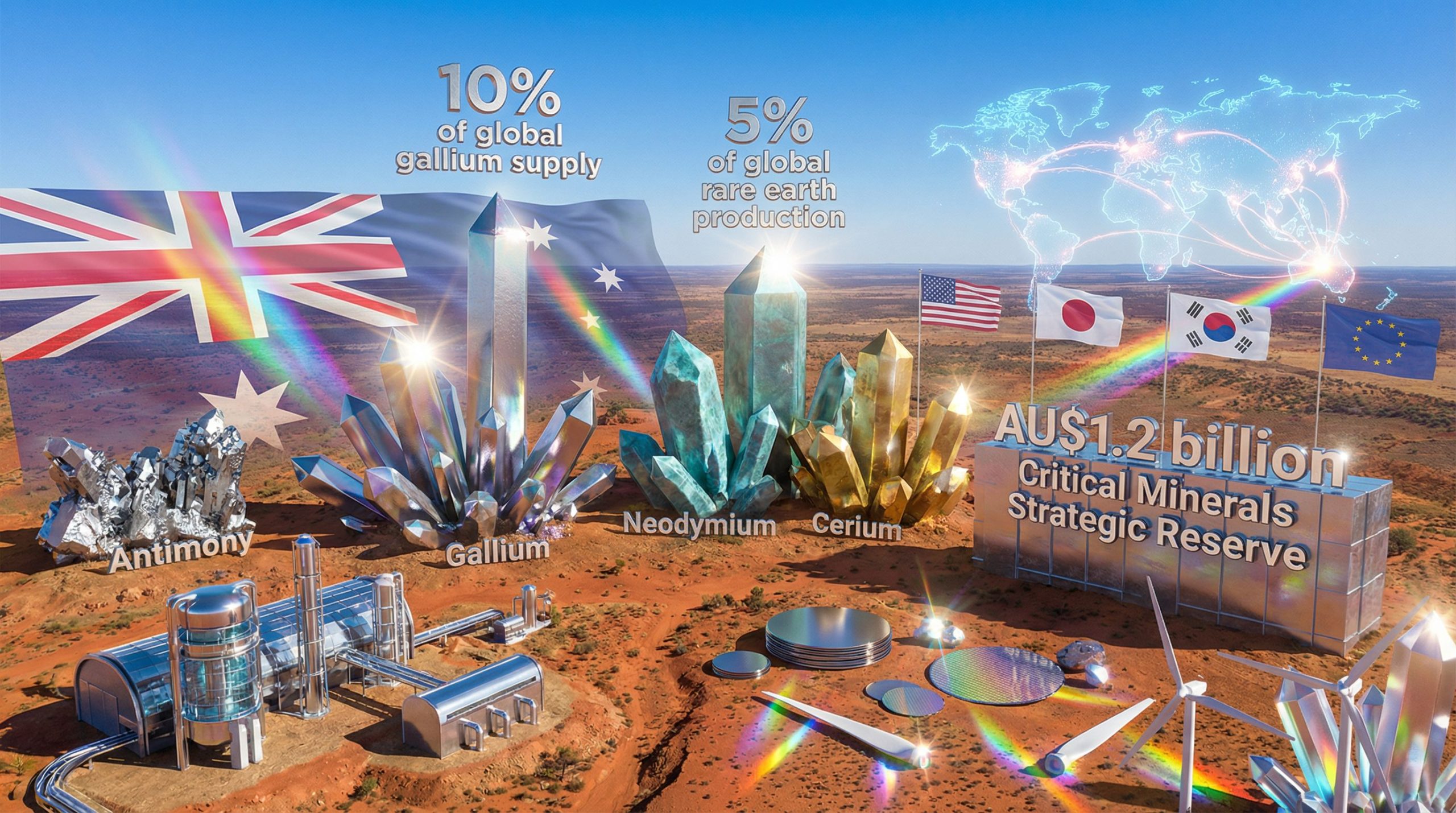What is Australia's Gas Reservation Proposal?
Australia's federal government has launched a comprehensive review of its gas market regulations, with a potential gas reservation policy for the east coast as a central component. Announced on June 30, 2025, this review comes in response to forecasts from the Australian Competition and Consumer Commission (ACCC) warning of potential gas shortages by 2028 without new investment in supply infrastructure.
The proposed gas reservation policy would require producers to set aside a portion of gas production specifically for domestic use, ensuring Australian consumers and businesses have access to reliable supplies amid growing export volumes. This approach mirrors Western Australia's successful domestic gas reservation policy, which has been in place since 2006.
"It's critical that we use this review to get the settings right in our gas market, ensuring we are securing affordable Australian gas for Australian use, while remaining a reliable energy exporter and delivering lasting energy security in our region," stated Climate Change and Energy Minister Chris Bowen.
Key Elements of the Proposed Gas Market Review
The comprehensive review will evaluate several interconnected regulatory mechanisms:
- Existing export control frameworks
- The mandatory code governing east coast gas sales
- Government agreements with major gas producers
- Development of a prospective gas reservation policy
The review aims to streamline these elements into a more coherent regulatory framework, addressing criticisms that policy inconsistency has hindered investment decisions in new gas projects.
Why is Australia Considering Gas Reservation Now?
Looming Supply Shortages
The ACCC's latest market analysis has identified a concerning trend: without significant new investments in gas infrastructure and exploration, Australia's populous eastern seaboard faces potential supply gaps beginning in 2028. This forecast has triggered alarm bells within government and industry circles.
Australia finds itself in a paradoxical energy situation. Despite being one of the world's largest liquefied natural gas (LNG) exporters—shipping more gas overseas than it consumes domestically—the country's most populated regions face supply uncertainty. This disconnect highlights structural issues within Australia's gas market that require regulatory intervention.
Geographic Mismatch: The Distribution Challenge
A fundamental issue complicating Australia's gas supply is the geographical separation between reserves and consumption centers. The majority of Australia's gas resources are located in the remote northwest, thousands of kilometers from major population and industrial hubs along the eastern seaboard.
This geographic mismatch creates significant logistical and economic challenges:
- Limited pipeline infrastructure connecting western resources to eastern markets
- High transportation costs affecting final consumer prices
- Different market structures and regulatory environments between regions
- Competing priorities between export facilities and domestic needs
The east coast market, which includes Queensland, New South Wales, Victoria, and South Australia, represents the majority of Australia's gas consumption but faces growing supply constraints as existing fields mature and production declines.
How Would an East Coast Gas Reservation Work?
"Prospective" Implementation Approach
Minister Bowen has emphasized that any new gas reservation requirements would be implemented on a "prospective" basis. This means new rules would apply only to future projects rather than retroactively affecting existing operations or contracts.
"We're looking at a prospective approach without ripping up existing contracts," Bowen clarified when announcing the review. "This provides certainty for current producers while establishing clear guidelines for new developments."
This forward-looking approach aims to balance immediate supply needs with long-term market stability. By grandfathering existing arrangements, the government hopes to avoid disrupting current supply chains while creating a more sustainable framework for future projects.
Western Australia's Model as a Blueprint
While not explicitly detailed in the government's announcement, industry analysts expect the east coast reservation policy to draw inspiration from Western Australia's established system. Western Australia has required LNG exporters to reserve 15% of production for domestic use since 2006, a policy credited with maintaining more stable gas prices in the west compared to eastern states.
Key elements of the Western Australian model include:
- 15% domestic reservation requirement for export projects
- Flexibility in how producers meet their domestic obligations
- Long-term supply contracts with domestic customers
- Regular market monitoring and compliance reporting
The east coast implementation would likely require adaptation to address the different market structure, existing export commitments, and infrastructure limitations specific to Australia's eastern seaboard.
What Are the Goals of Australia's Gas Market Review?
Supply Security and Affordability
A primary objective of the regulatory review is ensuring "affordable Australian gas for Australian use," according to Minister Bowen. This focus on affordability reflects growing concerns about energy costs for both households and industrial users, particularly following the unprecedented global price volatility experienced after Russia's invasion of Ukraine in 2022.
The government aims to balance multiple priorities:
- Protecting consumers from excessive price increases
- Ensuring manufacturing industries have access to competitively priced energy
- Maintaining investor confidence in Australia's energy sector
- Supporting the country's transition to cleaner energy sources
Maintaining Export Reliability
Despite the domestic focus, Australia remains committed to its position as a leading global LNG exporter. The government has emphasized that remaining a "reliable energy exporter" is a key consideration in the review process, recognizing the economic significance of gas exports to national income and regional development.
Australia's reputation for reliability in international energy markets has been a significant competitive advantage, particularly with key Asian customers including Japan, South Korea, and China. Maintaining this reputation while addressing domestic supply concerns requires careful policy calibration.
Creating Regulatory Stability
The review aims to evaluate the "effectiveness and coherence" of current gas market regulations, potentially consolidating rules to create a more stable and predictable regulatory environment for investors. This responds to industry criticism that policy uncertainty has hampered investment decisions in new gas development.
By establishing clearer, more consistent rules governing both domestic supply and export activities, the government hopes to encourage the development of new gas resources needed to avoid the forecast supply shortfalls.
What Specific Regulations Are Under Review?
Price Caps and the Mandatory Code of Conduct
In December 2022, the government introduced wholesale gas price caps in response to global energy price spikes following Russia's invasion of Ukraine. Initially set at A$12 per gigajoule, these price controls were later incorporated into a mandatory industry code of conduct.
The review will examine:
- The effectiveness of price caps in protecting consumers
- Impact of price controls on investment decisions
- Potential refinements to the mandatory code of conduct
- Alternative mechanisms for ensuring price stability
Export Controls and Market Transparency
Current export control mechanisms give the government power to restrict LNG exports if domestic shortages are forecast. These tools, known as the Australian Domestic Gas Security Mechanism (ADGSM), will be evaluated alongside other market interventions.
The review will also assess regulations governing market transparency and conduct, addressing concerns about information asymmetry and potential market power concentration among major producers. Improved market data and transparency requirements may form part of the policy recommendations.
How Have Stakeholders Responded to Australia's Gas Policies?
Industry Criticism of Market Interventions
Major gas producers have consistently criticized government interventions in the market, arguing that regulatory uncertainty discourages investment in new supply. Companies including Shell, which exports gas from the Queensland Curtis LNG project, and ExxonMobil, which produces gas in the Bass Strait, have expressed concerns about the impact of price caps and potential reservation policies on future development decisions.
Industry groups contend that market-based solutions would be more effective than regulatory mandates in addressing supply constraints. They argue that:
- Price controls discourage investment in new supply
- Reservation policies may violate existing contractual arrangements
- Regulatory uncertainty increases project risk and financing costs
- Australia's competitiveness as an investment destination may be compromised
International Customer Concerns
Japanese LNG importers, who represent Australia's largest gas export market, have expressed concerns about recent policy developments. According to reports from Reuters, Japanese buyers have stated that "the Labor government's policies have increased supply uncertainty and hiked costs at gas facilities in which they have stakes."
This international dimension adds complexity to Australia's policy considerations, as maintaining strong relationships with key trading partners remains essential for the country's economic interests.
What Role Does Gas Play in Australia's Energy Transition?
Bridge Fuel Beyond 2050
The Albanese government sees natural gas playing a continuing role in Australia's energy mix even beyond 2050. This position acknowledges gas as a transition fuel as the country moves away from coal-fired power generation toward a predominantly renewable energy system.
While Australia has committed to ambitious emissions reduction targets, including net zero by 2050, policymakers recognize that gas offers several advantages during the transition period:
- Lower emissions intensity compared to coal (approximately 50-60% less CO₂)
- Flexible generation capability to complement variable renewable sources
- Existing infrastructure that can be leveraged during the transition
- Potential for future conversion to hydrogen or carbon capture technologies
Supporting Renewable Integration
Gas-fired power generation is viewed as providing crucial flexible capacity to support the integration of variable renewable energy sources like wind and solar. As Australia rapidly expands its renewable generation capacity, gas is positioned as a reliability backstop for periods of low renewable output or peak demand.
The Australian Energy Market Operator (AEMO) has identified the need for dispatchable generation capacity to maintain grid stability as coal plants retire and renewable penetration increases. Gas turbines, with their ability to ramp quickly in response to demand fluctuations, represent an established technology solution for this requirement.
What Happens Next in Australia's Gas Market Reform?
Consultation Process
The government will conduct extensive consultations with a broad range of stakeholders as part of the review process. This will include:
- Major gas producers and pipeline operators
- Industrial gas users and consumer advocacy groups
- State and territory governments
- Energy market regulators and operators
- International trading partners and investors
These consultations will examine the effectiveness of current regulations and identify potential improvements to balance domestic needs with export commitments.
Timeline for Implementation
While specific implementation timelines haven't been announced, the review is expected to proceed through several phases:
- Initial stakeholder consultations (2025)
- Draft policy recommendations
- Public comment period
- Final policy determination
- Legislative and regulatory implementation
Any gas reservation policy would likely be phased in gradually to allow industry adjustment and minimize market disruption. The government has emphasized the prospective nature of any new requirements, suggesting implementation would focus on new projects rather than existing operations.
Investment Signals
A key outcome of the review will be providing clearer investment signals to gas producers regarding future regulatory requirements. This clarity is essential for encouraging the development of new gas resources needed to avoid the forecast supply shortfalls beginning in 2028.
The government faces the challenge of designing a regulatory framework that both ensures domestic supply security and maintains Australia's attractiveness for energy investment. Threading this needle will require balancing competing interests and priorities within a coherent policy framework that avoids tariffs impact investment concerns.
FAQs About Australia's Gas Reservation Proposal
Would a gas reservation policy affect existing contracts?
No. Minister Bowen has explicitly stated that any new requirements would be "prospective" without "ripping up existing contracts." This means current supply agreements would be honored, with new rules applying only to future developments. This approach provides certainty for existing operations while establishing a framework for future projects.
How does Australia's situation compare to other gas-exporting nations?
Australia faces unique challenges compared to other major gas exporters. Unlike countries such as Qatar and Russia, which have massive reserves relative to their domestic consumption, Australia struggles with a geographic mismatch between production and population centers. While Australia has abundant resources overall, the concentration of reserves in the remote northwest creates logistical challenges for supplying the populous eastern seaboard, similar to the challenges faced with the Alaska gas drilling shift in North America.
Could a gas reservation policy lower domestic prices?
Proponents argue that ensuring adequate domestic supply through reservation could help stabilize prices by reducing competition with export markets. Western Australia's experience suggests reservation policies can contribute to more stable pricing, though many factors influence gas prices including:
- International market conditions
- Production costs and development timelines
- Pipeline infrastructure and transportation costs
- Demand patterns and alternative energy sources
How might a reservation policy impact Australia's climate goals?
There are inherent tensions between Australia's climate commitments and continued support for gas development. Critics argue that encouraging new gas projects could lock in fossil fuel infrastructure for decades, potentially complicating the achievement of emissions reduction targets.
Supporters contend that gas remains necessary for grid stability during the renewable transition, providing flexible capacity that complements variable renewable generation. They argue that gas, as a lower-emission alternative to coal, serves as a bridge fuel while zero-emission technologies mature.
The policy design will need to address these tensions, potentially through mechanisms such as:
- Integrating emissions considerations into project approvals
- Requiring new facilities to be hydrogen-ready or carbon capture capable
- Establishing sunset provisions for conventional gas infrastructure
- Creating incentives for renewable gas development (biomethane, hydrogen)
What alternatives to gas reservation are being considered?
The review will likely examine several policy options beyond straightforward reservation, including:
- Enhanced export controls – Strengthening the Australian Domestic Gas Security Mechanism to provide more effective domestic supply protection
- Market transparency reforms – Improving information availability and addressing market power concerns
- Infrastructure investment – Supporting development of new pipelines connecting remote resources to demand centers
- Demand management initiatives – Encouraging efficiency and fuel-switching where practical
- Strategic reserves framework – Establishing government-controlled gas stockpiles for emergency supply
Each approach offers different advantages and challenges, with the final policy likely incorporating elements from multiple options to create a comprehensive framework for gas market regulation while addressing Australia energy exports challenges and global trade uncertainty.
Looking to Stay Ahead of Major Mining Discoveries?
Discovery Alert's proprietary Discovery IQ model instantly notifies investors about significant ASX mineral discoveries, transforming complex data into actionable opportunities that could generate substantial returns. Explore our dedicated discoveries page to understand how early identification of major mineral discoveries can lead to exceptional investment outcomes.
